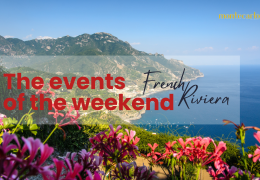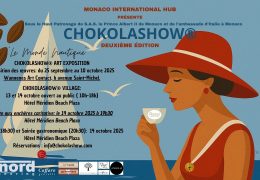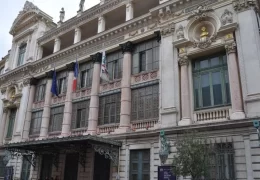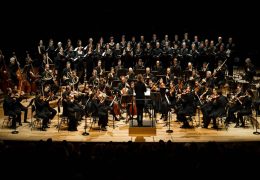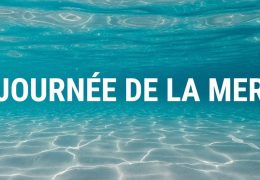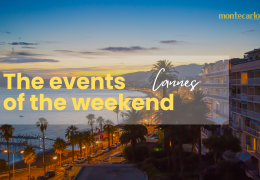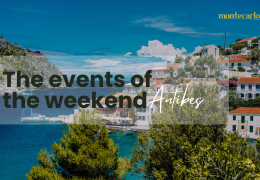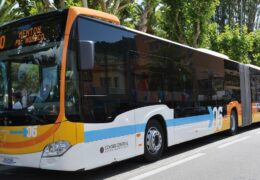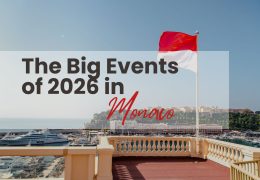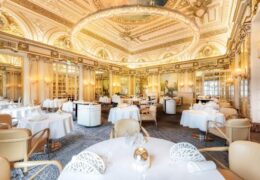Chagall political The Cry of Freedom at the Marc Chagall National Museum
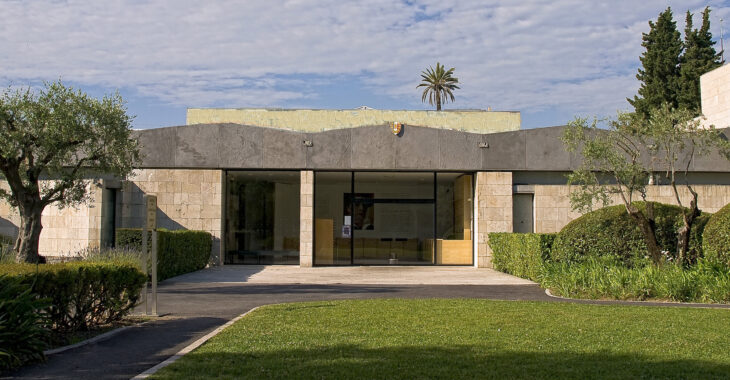
The last stage of the itinerary of Chagall’s political exhibition-event is The Cry of Freedom: its presentation at the Marc Chagall National Museum offers the public the exceptional opportunity to discover a new reading of Marc Chagall’s work and to see prestigious works exhibited only in Nice, such as Purim, Exodus or The Red Horse.
Presented within the museum designed by Marc Chagall, which houses the 17 large canvases of the Biblical Message, the exhibition sheds new and more political light on this painted cycle carrying a universal message. Supported by recent research on a wide range of unpublished documents from the artist’s archives, the exhibition offers a chrono-biographical journey presented from the new angle of Chagall’s political commitment, bringing together numerous masterpieces to discover thanks to remarkable loans from French and international collections.
An exceptional loan from the Philadelphia Museum to Nice, the canvas Purim (1916-1917) holds an important place in the exhibition’s journey: it had been exhibited in Germany by the Nazis in 1937 as an example of degenerate art. The Rabbi in black and white or Jew in Prayer (1923), lent by the Art Institute of Chicago, will be admired alongside Solitude (1933), from the collections of the Tel Aviv Museum of Art.
The political exhibition Chagall, The Cry of Freedom, also benefits from the support of the indivisions Ida Chagall and Michel Brodsky. It is accompanied by a richly illustrated scientific catalog, which synthesizes the latest research and reproduces numerous masterpieces and unpublished archives.
Throughout a life marked by two wars and exile, Marc Chagall is the origin of a body of work deeply rooted in the history of the 20th century. A figure of displacement and migration, the artist travels the world amidst the tumults of the century, from his childhood in Russia to France, through Germany, the United States, and Mexico, before settling in the Mediterranean. His art, imbued with deep humanism, nourished by his Jewish roots, by listening to encountered cultures and lived experiences, becomes the messenger of an unwavering commitment to man and his rights, to equality and tolerance among beings.
This exhibition is co-produced by the Marc Chagall National Museum in Nice, La Piscine – André Diligent Museum of Art and Industry in Roubaix (from October 7, 2023, to January 7, 2024), and the Fundación MAPFRE in Madrid (from February 2 to May 5, 2024).
Scientific Commission: Ambre Gauthier, Doctor in Art History, responsible for the reasoned catalog and the Marc Chagall Archives; Meret Meyer, Co-chair of the Marc Chagall Committee and granddaughter of the artist. Commission in Nice: Anne Dopffer, General Curator of Heritage, director of the national museums of the 20th century of the Alpes-Maritimes; Grégory Couderc, Scientific Manager of the collections of the Marc Chagall National Museum, Nice.


